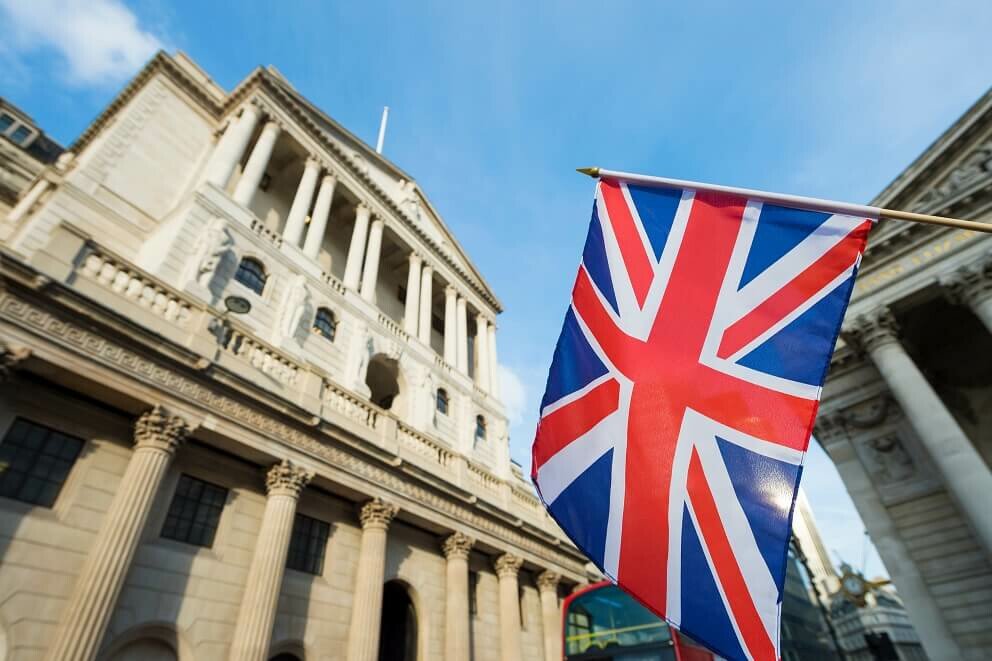The incoming deputy governor of financial stability at the Bank of England (BoE) has said that crypto does not yet pose much of a risk to financial stability.
During a hearing held by Parliament’s Treasury Committee, Sarah Breeden, set to assume her new role on November 1, discussed the value and risks associated with cryptocurrencies.
Breeden emphasized the potential benefits of the underlying technology while also cautioning about the risks posed by cryptocurrencies.
“Crypto is an asset that has no intrinsic value, whose price could go to zero and therefore investors should be prepared to lose all of their money,” Breeden said.
“That megaphone about the risks in it has been consistent and very clear. However, that technology, I think has got the potential to bring benefits to the financial system.”
She also acknowledged the potential of the underlying technology to bring benefits to the financial system.
Specifically, she opposed the BOE’s comparison of crypto to gambling, suggesting that it should be treated as a financial activity instead.
As part of her responsibilities, Breeden will play a crucial role in shaping the UK’s regulatory approach to cryptocurrencies and will contribute to the decision-making process regarding the issuance of a central bank digital currency (CBDC).
Crypto Does Not Currently Pose Risk to Financial Stability
At present, Breeden does not believe cryptocurrencies pose any major risk to financial stability.
However, she expressed concerns about the potential risks if cryptocurrencies become more interconnected with the broader financial world, particularly if stablecoins are used for payments.
Breeden underscored recent events that have highlighted the risks within the sector.
The decline in crypto prices, for example, played a role in the failure of two US banks, Silvergate and Signature.
Additionally, the collapse of Terra’s UST stablecoin and the troubles faced by certain exchanges and lenders serve as reminders that entities within the crypto ecosystem are exposed to similar risks as those in traditional finance.
Breeden emphasized the importance of global cooperation among regulators to promote comprehensive and consistent approaches to regulation and supervision, given the global nature of cryptocurrency markets.
“Given the global nature of these markets, it is important that regulators work together globally to promote comprehensive and consistent regulatory and supervisory approaches.”
Regarding the concept of a central bank digital currency, Breeden claimed that it could serve as the foundation for digital money.
However, she acknowledged the need to address concerns about privacy when implementing a digital pound.
Breeden will become the central bank’s next deputy governor for financial stability at a time when the UK has ramped up efforts to regulate the digital asset sector.
Back in June, the country passed legislation to regulate cryptocurrencies and stablecoins as part of its broader financial regulatory reforms post-Brexit.
The new law, dubbed the Financial Services and Markets bill, has granted regulators the authority to establish a tailored framework for the digital asset sector, supporting crypto’s “safe adoption in the UK.”
Read the full article here









Leave a Reply